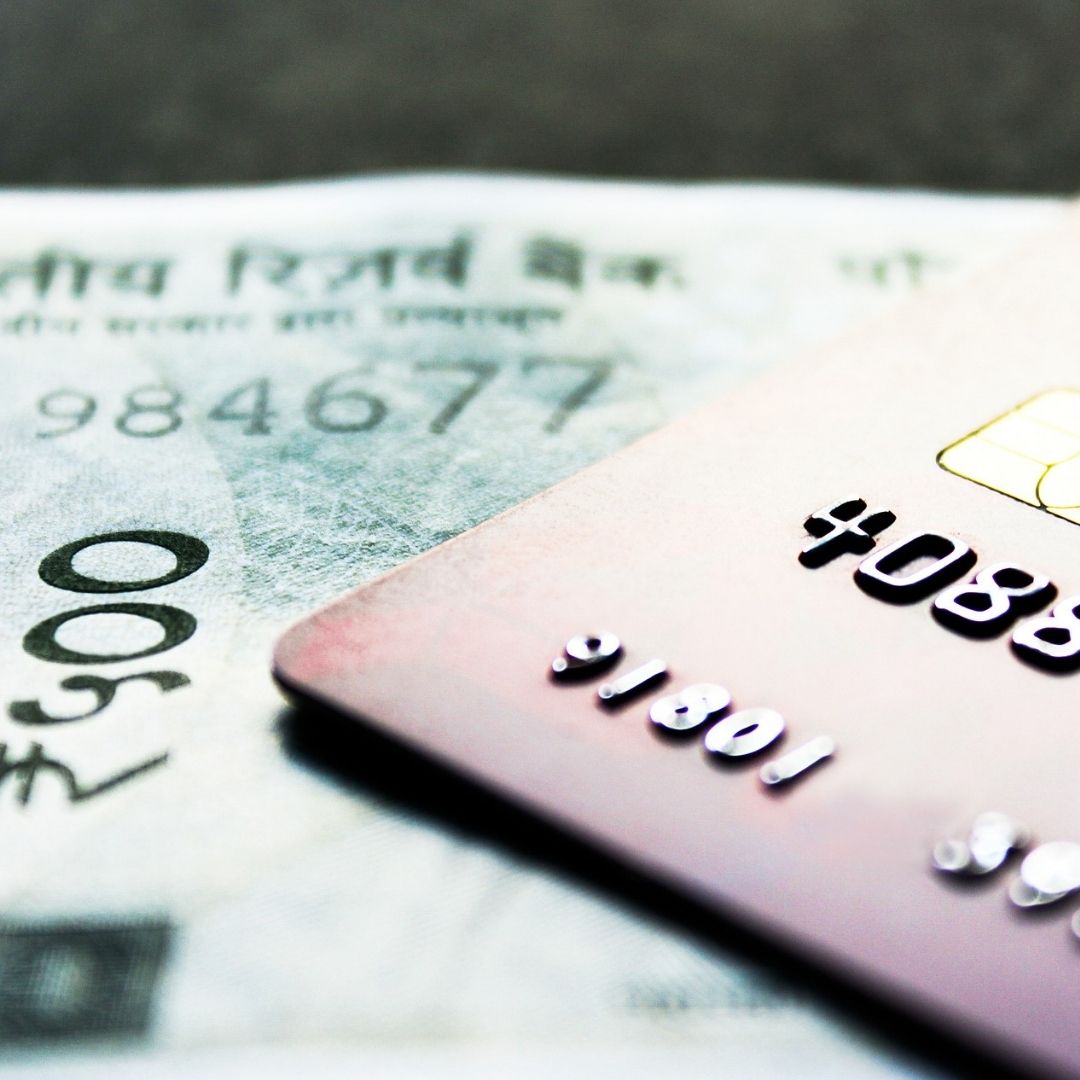
Image Credits: Pixabay
Higher ATM Charges, New Bank Locker Rules: Money-Related Changes To Look Out For Starting January 1
Writer: Shweta Singh
She is a Journalism graduate from Delhi University, She has previously worked as a voice over artist for various cuisines and clothing brands. She is specialised in content writing, hosting anchoring and voice over.
India, 30 Dec 2021 7:46 AM GMT
Editor : Palak Agrawal |
Palak a journalism graduate believes in simplifying the complicated and writing about the extraordinary lives of ordinary people. She calls herself a " hodophile" or in layman words- a person who loves to travel.
Creatives : Palak Agrawal
Palak a journalism graduate believes in simplifying the complicated and writing about the extraordinary lives of ordinary people. She calls herself a " hodophile" or in layman words- a person who loves to travel.
Provisions related to an increase in GST rates on certain products and a lower penalty on filing the Income Tax Return (ITR) after the stipulated date are a few other changes that should be looked at starting 2022.
Five money-related changes one needs to watch out for while welcoming the new year on January 1, 2022.
1. Increased Charges On ATM Withdrawals
ATM transactions beyond the free monthly acceptable limit will have consumers shelling out more money due to an increase in charges starting January 1, 2022.
The Reserve Bank of India (RBI) has allowed banks to charge Rs 21 per transaction if customers exceed the permitted number of free ATM transactions. Previously the amount charged was Rs 20.
The customer will be permitted to make five monthly withdrawals from their own bank ATMs. They will also make three free transactions from other bank ATMs in metro areas and five free transactions in non-metro areas.
The Central Bank has permitted banks to increase the fee for cash and non-cash ATM transactions in order to offset higher interchange fees and general escalation in costs, as reported by the Economic Times
2. New Bank Locker Rules
The RBI issued new rules regarding bank locker management which will come into effect on January 1, 2022.
Banks cannot disown liability for loss of locker contents due to theft or fraud by its employees, the Reserve Bank of India (RBI) in a notification issued on August 18, 2021. However, the bank's liability for such loss has been put at 100 times the prevailing annual rent for the locker.
Furthermore, according to the central bank, a bank must properly warn locker customers that the bank is not responsible for insuring the contents of the locker. Additionally, it has also stated that banks cannot sell locker contents insurance to its locker customers
3. Increase In GST
The Central Board of Indirect Taxes and Customs (CBIC) announced that the GST rate on clothes, textiles, and footwear would be hiked from 5% to 12%, with effect from January 1, 2022.
While the passenger transport services provided by auto-rickshaw drivers would be exempt from the new rule. However, such services provided by the e-commerce platform will be taxable at 5% rate.
4. Penalty On Belated Filing Of ITR
Due to the pandemic, the deadline to file an income tax return (ITR) for the fiscal year 2020-21 was extended twice: from the regular date of July 31, 2021, to September 30, 2021, and then to December 31, 2021. Until last year, the maximum penalty a taxpayer could face for missing the ITR filing date was Rs 10,000. From this year, if one files a belated ITR, i.e., on or after January 1, 2022, the penalty will be lower.
With effect from FY 2020-21 (AY 2021-22), the penalty amount has been reduced by half, i.e., a person filing belated ITR will have to pay up to Rs 5,000. Further, if the income is below the taxable limit, one won't even have to pay the penalty amount if you file your ITR after the deadline, subject to certain exceptions.
Also Read Maharashtra Records 153% Rise In Raise Of Electric Vehicles In 1 Year.
 All section
All section













